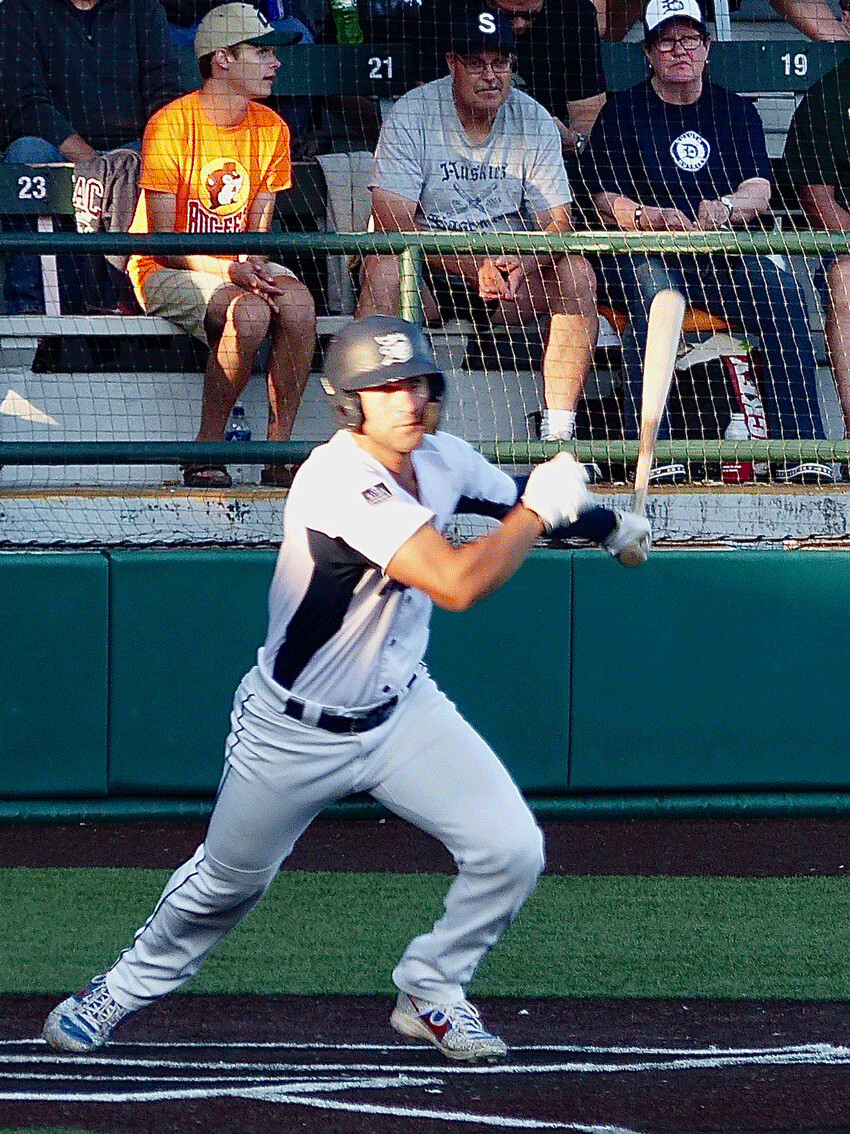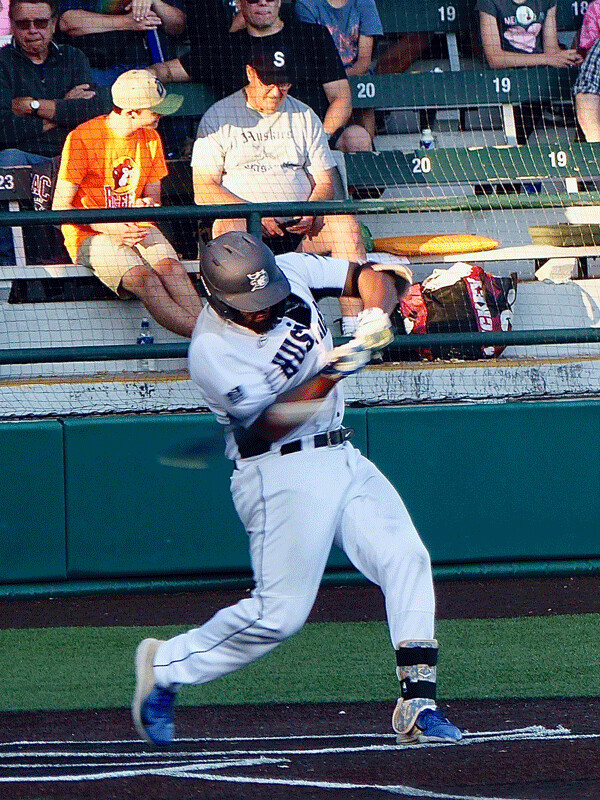Twins Falter, Regain Lead, and Renew Hope

You can say it was just happenstance, but I believe it’s a little of that cosmic energy that is assuring us of a wild and crazy stretch drive to this Major League Baseball season.
You couldn’t have scripted it better than to have the surprising Minnesota Twins clinging to a fast-shrinking lead from the onrushing Cleveland Indians, who came to Target Field and took three out of four from the Twins to move into an exact tie for first place in the American League Central Division.
The Twins lost the first two,. then came back dramatically to win the third game, as closer Taylor Rogers came in and threw not one, but two innings to save the victory. But in the last game of the series, the Twins had a chance to put things back in order, but the decision was made to bring in Rogers again when the game went to the 10th inning tied.
Pitching styles being what they are these days, about the only one I agree with is the establishment of a closer on the staff, a guy who can come in to save a narrow victory with one concise inning of gutsy pitching. Rogers didn’t really want that role, or seek it, but he became interested when he realized that closers sometimes get to pitch three or four times a week, albeit in short doses. But it’s got to be more fun that one start a week.
However, the idea of using a closer for more than one inning — generally two — makes far less sense to me, just because you’re established a quite invincible one-inning wonder here, and then you diddle with it. Earlier this season, manager Rocco Baldelli used Rogers for two innings and he did a great job. But when Baldelli brought him in the next day, it was the poorest I’d seen his control and mastery all season.
So after he had pitched brilliantly to help beat the Indians in Game 3 of their series, I was concerned when he was summoned once again for the 10th inning of a 3-3 tie. And again, Rogers didn’t look like his usual self. The Twins looked lucky when Cleveland closer Brad Hand had the same problem, looking unlike his All-Star form when the Twins rallied for two runs in the last of the ninth to erase a 3-1 deficit. The tying run scored when Marwin Gonzalez drilled a shot off the left-field fence, scoring one, but when pinch-runner Ehire Adrianza was waved home, Tyler Naquin fired a strike to shortstop Francisco Lindor, whose pinpoint relay throw nailed Adrianza by 10 feet at home. I have no quarrel with sending Adrianza, because if both the throw and the relay were not perfect, the Twins would have won the game right there.
Rogers was called upon to get through the top of the 10th so the Twins sluggers could win it in the last of the 10th. After a leadoff single, Rogers walked Lindor, and Greg Allen bunted hard, past Rogers, who appeared to stumble slightly coming off the mound, and the bases were loaded. Up came Carlos Santana, but on a 2-1 count Rogers threw a pitch that was over too much of the plate, and Santana hit it into the bullpen in left-center.
I have, on occasion, written cynically about all the analytics that have replaced common sense and human intuition in baseball. But here’s one I have to agree with: Rogers has a 2.68 earned run average, but in the 15 games he has pitched without a day of rest between appearances, his ERA is 7.82; and when he pitches after his outing the previous day is for two innings instead of one, his ERA skyrockets to 13.50. Those are calculations made by the Star Tribune’s La Velle E. Neal III, who also points out that Rogers had a 3.55 ERA last season, when pitching two days in a row, but then last year there weren’t many save situations.
The rosy optimists boosting the Twins through this amazing season all seemed to turn sour because that Game 4 result left the Indians tied with the Twins for first place. On Monday, it got worse, because the Twins were idle while Cleveland went home to fans ready to adore the hottest team in baseball since June 1, when then started their rise from 11 1/2 games behind the Twins. Cleveland led 5-1 before the Red Sox chipped away and finally tied the game 5-5 in the top of the ninth. But in the last of the ninth, none other than Santana came up and hit a fly ball that barely cleared the left field fence for a 6-5 victory, his second walk-off home run in two days, and a victory that put the Indians a half-game ahead of the Twins in first place.
On Tuesday night, the indians entertained the Red Sox again, while the Twins went to Milwaukee for an interleave pair of games against a potent Brewers team also battling for a pennant in the National League. On the scoreboard, it showed that Boston had taken a 6-1 lead in Cleveland, but the Indians were coming back. Meanwhile, on the field, the Twins were leading the Brewers 4-1 with Rogers being held out of commission. In his absence, the bullpen yielded an RBIU double in the last of the seventh, and Yasmani Grandal his his 20th home run — a 3-run shot — to vault Milwaukee to a 5-4 lead.
But incredibly, the out of town scoreboard showed that in Cleveland, Jackie Bradley had hit a home run in the top of the 10th and Boston had beaten the Indians 6-5. Moments later, Marwin Gonzalez hit a 3-run home rumn on the first pitch he saw, and the Twins jumped back into the lead at 7-5. Tyler Duffey pieced the last of the seventh, Sam Dyson pitched the eighth, and Sergio Romo the ninth, and the Twins bullpen had held up for the victory that sent the Twins back into first place.
But it was only by a half-game, and there was another coming up Wednesday. The daily doom or gloom show is likely to continue until the end of the season, so let’s just tighten up the belt and enjoy it.

HUSKIES SEASON ENDS
The Duluth Huskies won’t soon forget the end of their tumultuous Northwoods League season, when they came back from a poor first half to apparently win the second half, which would have made for a very satisfying playoff, regardless of the outcome.
But the Huskies made a clerical error, listing one of their position players as a pitcher, and then adding a position player, while the league office froze their roster before that maneuver, meaning they had too many position players. It took a week for the league — in this era of computers, emails and text messages — to figure out what happened and slap the Huskies with a penalty. The decision was to erase the five Huskies victories since the roster mixup was discovered, but not to count them as losses.
So the Huskies carried on, playing quite well down the stretch. They were heading for a pressure victory in their next to last home game, which made matters worse. They had to win the rest of their games and hope the teams ahead lost. The Huskies, who drew 1,800 for the next to last game, and over 2,000 for the finale, won that home finale, but learned afterward that Eau Claire had mathematically eliminated the Huskies.
It was an interesting season, because the Huskies had perhaps the youngest team in any collegiate summer league, one time starting an entire roster of players who had just completed their freshman seasons. Additions in the second half bolstered things, and the Huskies got better as their pitching improved.
I liked the skill and style of several Huskies players, although I thought a bit more disciplined approach might have helped the Huskies. In their next to last home game, against Waterloo, first baseman Max Guzman, a crowd favorite, was holding the runner on first. The pitcher stretched, and after holding the runner on, Guzman walked off the base to get a better fielding position moments before the pitcher kicked and threw home. Now, as a pitcher, if you’re going to throw a pickoff throw, you’re probably going to do it after delaying long enough to psyche the runner leading off. But you couldn’t if your first baseman was Guzman.
Not to pick on Guzman, but in his last time up, he grounded out, but he only ran about six steps toward first before giving up. This is a development league, and scouts might be watching. It’s a great time to polish and refine your abilities and your style. But there is no excuse for your style including lazy coverage at first base, and even lazier refusal to run out a grounder. Players with less ability to hustled more impressed me the most, including Joey Zwak, a former Duluth East player now at St. Scholastica who joined the Huskies at the end of the season and played both shortstop and second base.
I continue to maintain the belief that, while the Northwoods League is a place for Division One players to get in some summer action, the Huskies could put together a very competitive team with players from St. Scholastica, UMD, and Wisconsin-Superior. These guys might lack the polish of Division One prospects, but as local Division Two and Division Three players, they would play hard, hustle hard, and be very competitive. And they would start out with some name recognition among the fans in the area. If you don’t think they could do it, recall the lousy first-half Huskies performance.
